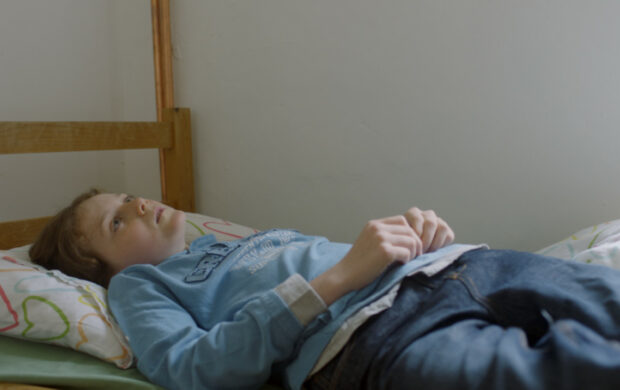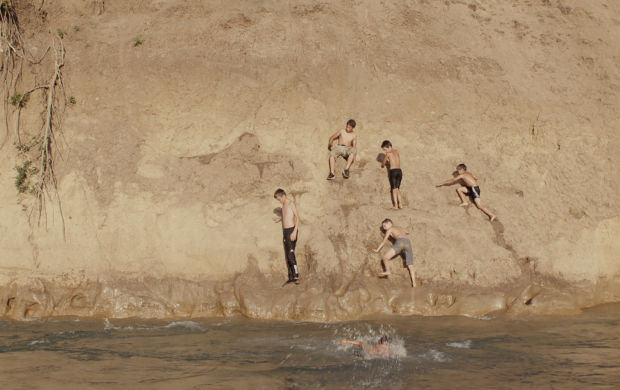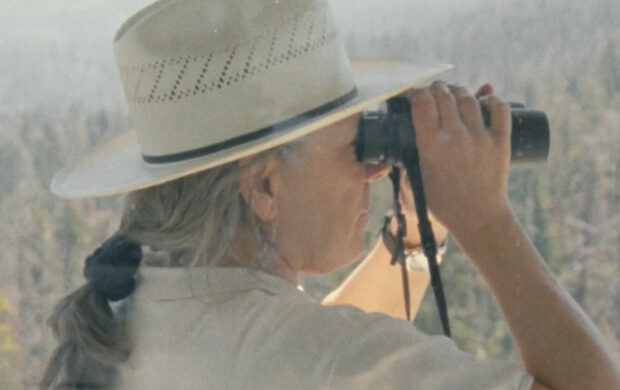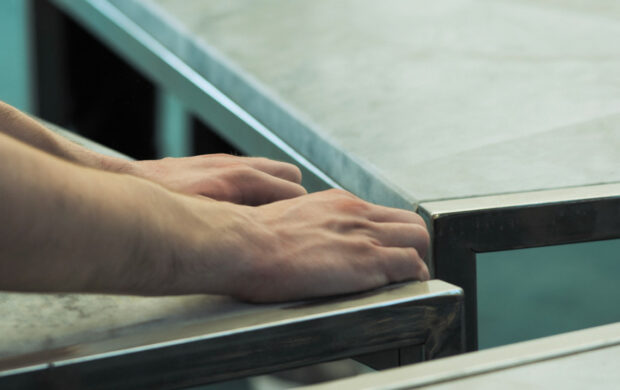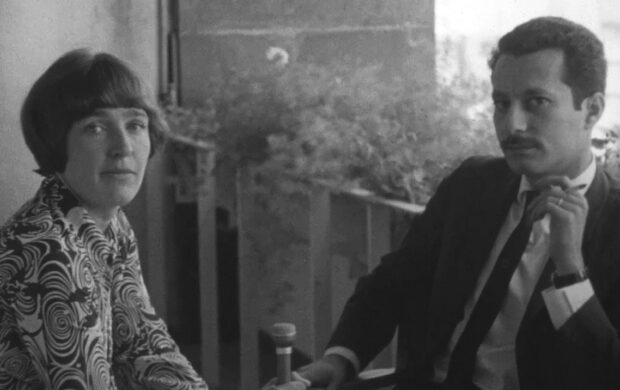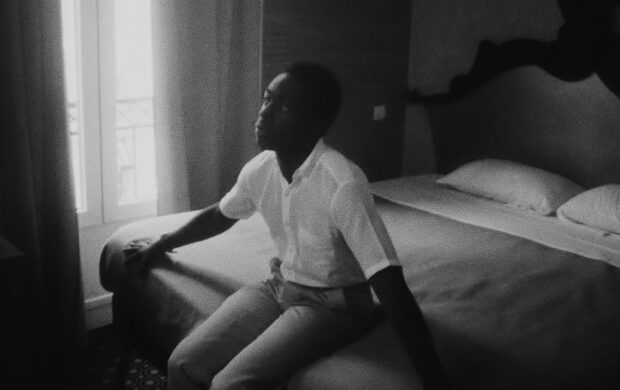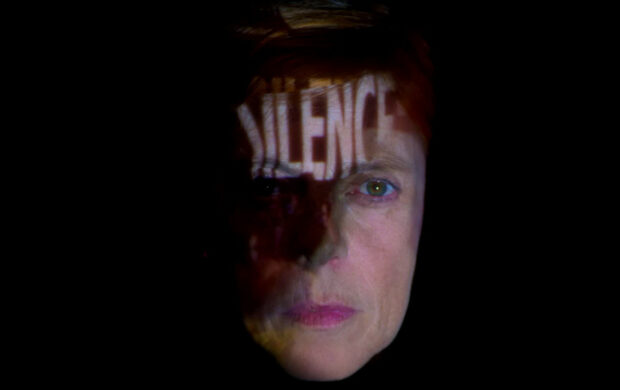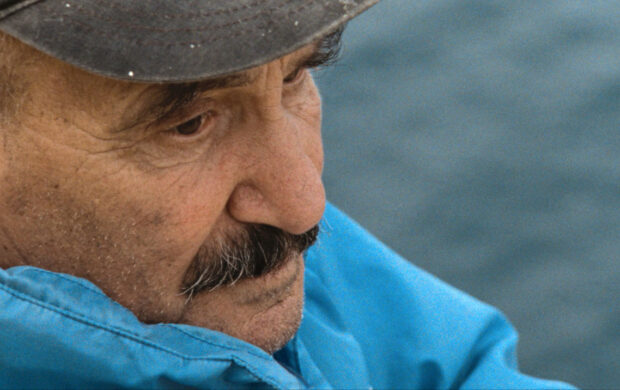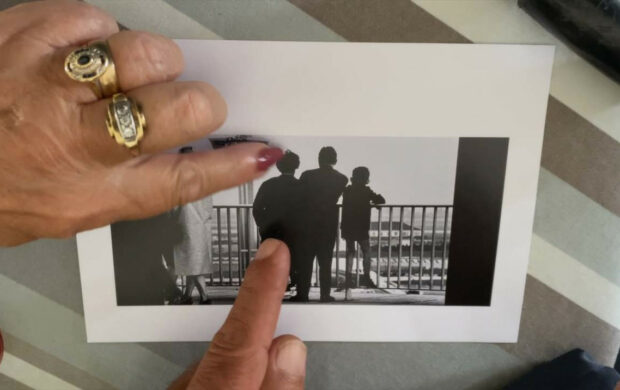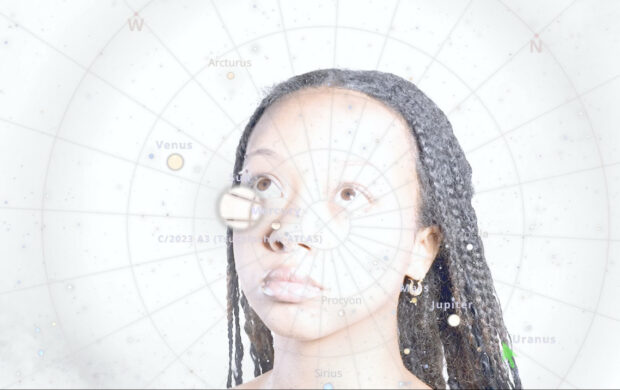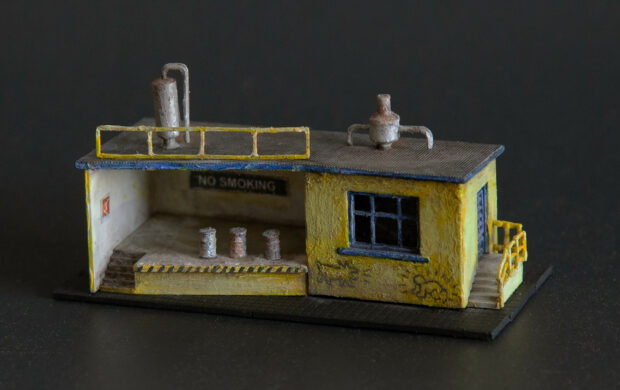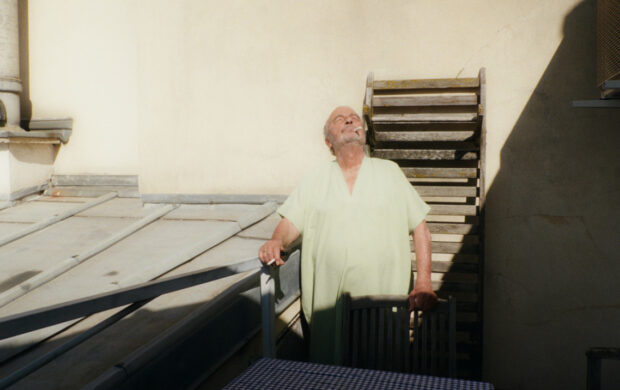
Programme
As the Centre Pompidou is gradually closing its doors for a five-year stretch, Cinéma du réel is moving the 47th edition to its new base on the Left Bank of Paris, between St Germain des Prés and the Latin Quarter, hosted by four independent cinemas, four institutions dear to Parisian cinema lovers. While this “relocation” is forcing some major organisational upheavals on us and some new habits for our audiences, it sets the festival in the city centre, offering street frontage and the promise of bringing in new audiences. It also anchors our programming in its favourite screening venue – the cinema theatre – and affirms our determination to be a privileged partner of distribution and exhibition professionals.
So, our thanks go out to the teams of L’Arlequin, Le Reflet Médicis, Le St André des arts, the Christine Cinéma Club as well as the theatre of the Alliance française for their collaboration and hospitality. As it is with them that we will be living for eight days.
A space for inhabiting the world. This is what the festival would be. This is what we are working hard for it to be. Modestly, just for a while, but intensely, but together. A place to inhabit the world and experience there the stories of our present that help us to think differently about our way of living and acting in our daily life. A place not only to wonder What to do? but also, as the title of our Réel University Day says, to What will we do! / Make sure that we do!
This strength of Art, and of documentary cinema perhaps more than any other, is to tackle the chaos of the world head-on and try to find a way out. This is what interconnects the films that we have chosen to programme in the different sections of the festival.
A profusion of forms, the singularity of voices and ways of seeing, this year again our competition asserts an open vision of contemporary documentary cinema that stems from subjective, personal and “situated” positions and produces an overall view of the world. This idea – which Festival Conversations will explore this year – that there is no neutrality in a gaze but rather different ways of relating to situations and states of the world enables us to claim the cinema as the place of a counter-history and the festival as a possible space for bringing it to light.
Catherine Bizern
